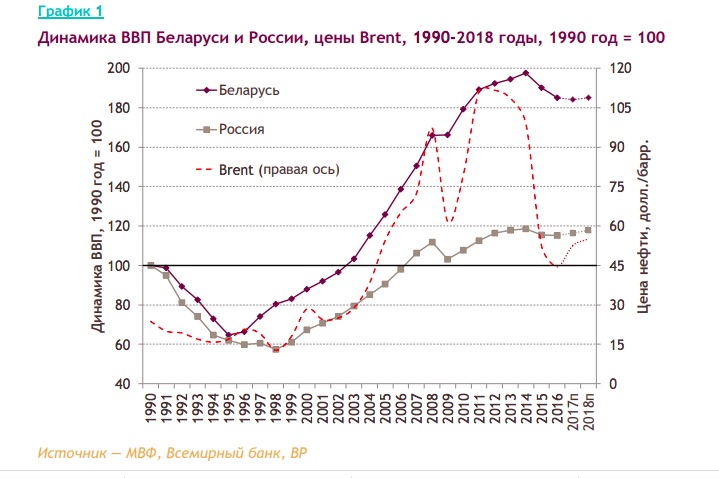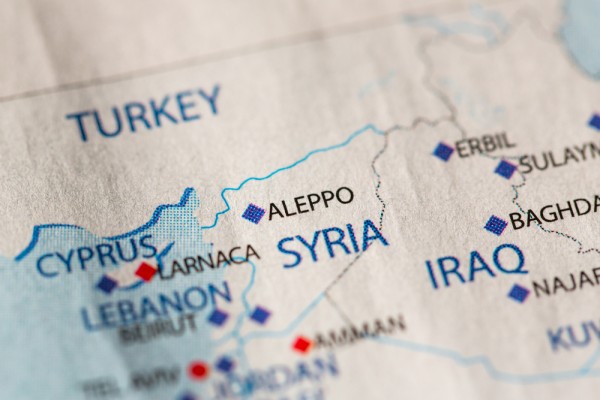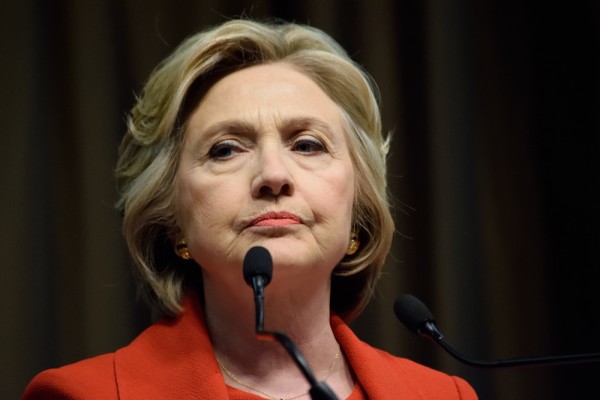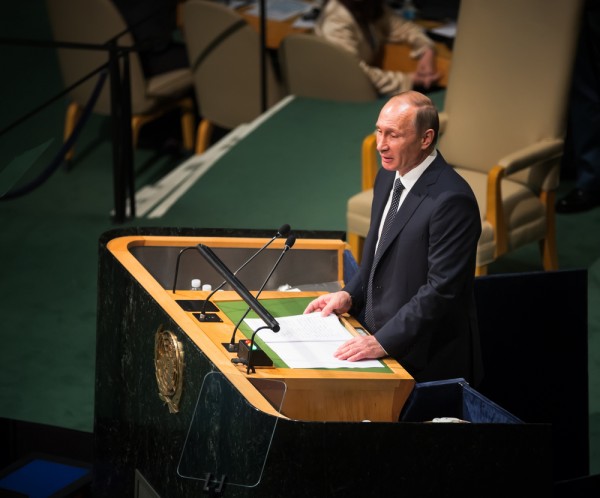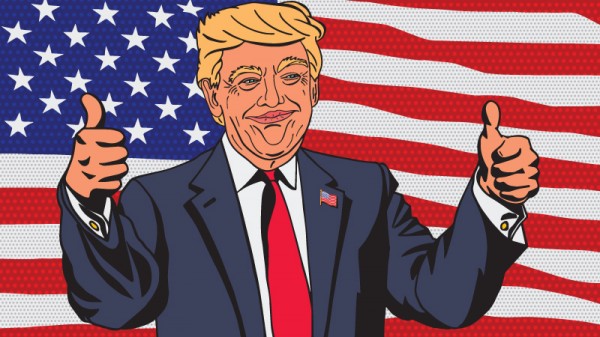
It’s not over yet, but can Lukashenko survive the storm? Ever since the presidential elections of 8/9/2020, Belarus has experienced fitful waves of protests. The protesters claim the elections were rigged, just as the pussy-hat ladies accused Trump in 2016. The protests are presented to the world through the magnifying glass of the global fake news machine. There are dozens of media channels, all elaborating on the theme of election rigging and protest suppression.
But Belarusian suppression is not something to write home about. The crowds aren’t big, for Belarusians are quite civil and obedient folk, they even wait for the green light (a rare quality in the East). Despite provocateurs and Soros-trained revolutionaries, there are few wounded, much less than your average confrontation between violent protesters and local police, whether they be called Gilets Jaunes or Black Lives Matter.
One protester tried to throw a hand grenade into police ranks; by his own miscalculation the grenade exploded in his hand and he died of his wounds. This incident is already being presented by the mass media as “mass murder” and even “genocide”. EU ambassadors came to place flowers at the place of his martyrdom. This latest media hero is being turned into the new George Floyd, an apt comparison because the unfortunate Belarusian Bomber also had a rich criminal record. They are now producing a BLM sticker where the B is for Belarus. Should this be called “cultural misappropriation” or is this a “violation of terms of use”? YouTube would give it an automatic copyright strike.
The presidents of Poland and Lithuania offered their mediation implying that Lukashenko should step down. It is hardly a tempting offer. In 2014, the then Ukrainian president accepted the European offer of mediation and in a few days he was forced to flee to Russia.
Lukashenko is made of sterner stuff; his policemen succeeded in putting the protests down, and the protests weren’t that strong anyway. It is still too early to bet whether the colour revolution will definitely fail or win. What is the cause of the protests, beyond complaints that life is unfair? Who is financing and organizing these demonstrations?
Well-endowed Belarus has a few suitors. The NATO enemies of Russia want to move their tanks within shooting range of Smolensk; Poland wants to regain its old dependency (Belarus was under the Poles for hundreds of years). Russia wants to swallow Belarus, and Papa Lukashenko is too tough for them to chew.
An additional hazard to Belarus sovereignty is the murky and mighty body that has organized the worldwide over-reaction to coronavirus and forced billions of people into detention. Lukashenko is the hero who reject all demands for lockdown; Belarus remained calm and free in the midst of global hysteria. Belarusians enjoyed football games while the rest of the world ducked and covered. Easter time, Belarus churches remained open and mass was celebrated. On May 9, VE day, Belarusians had their Victory Parade, while even the steely-eyed Putin was forced to cancel. Such disobedience to the global regime had to be punished.
Like Fidel Castro, Papa Lukashenko has ruled his country for generations now. He has been re-elected every five years since 1994 when he, the youngest politician in Europe, defeated the incumbent Prime Minister in open election. Even now, at a spritely 65, his stature remains un-eclipsed. His results in Minsk, the capital city, were over 60%; his main competitor received 15%, while for the whole country he received about 80% of the vote, an impressive result. Too impressive, his enemies say. In any case, there is no doubt he carried the majority of his countrymen.
Belarus is a mono-ethnic state, with very little diversity; there are no strong political parties, no powerful and independent media, no oligarchs, no super-rich. It is still very Soviet-like, but a very neat, clean, modern, well repaired version (the USSR was quite shabby). Another difference: no party politics. While the Soviets were always ruled by the official Communist party, Lukashenko has no party. He doesn’t like parties because they separate people. He wants people to be united – and it works. There is no significant opposition party. The opposition says, “AGL [Alexander Grigoryevich Lukashenko] go away, you ruled for too long time, we are tired of you”. A sane citizen will not vote for people who have no agenda beyond power lust. Being tired of a president is not really a good argument.
After the first exit poll, “rigged elections” became the battle cry of the opposition. Like the Clintonites, who could not believe that anybody would vote for Trump, the opposition in Belarus could not imagine why people would vote for this ancient (65 yo) fossil. Indeed such claims are the staple food of modern politics; there is hardly a country on the globe where election results are not disputed. The claims are always that the results were falsified, or the people misled, or the elected president didn’t deserve being elected; or he was voted in by racist rednecks; or Russia swung the polls. The reasons why election results should not be recognised is limited only by the human imagination.
AGL’s latest election victory was officially recognised by countries around the world. He was congratulated by the presidents of China, Russia, Turkey as well as by the Moscow Patriarch Kyril (Belarus Church is an integral part of Russian Orthodox Church). The opposition is trying to stimulate interest in regime change by following Gene Sharp’s textbooks: heat it up with attacks on police, then cool it down with girls dressed in white sharing flowers and posing with those same cops. It is the carrot and the stick. Point and counterpoint. Freedom Fighter and Martyr. The technique has worked successfully in many countries, and probably will be tried this November in the US.
Belarus shows us what “foreign meddling in elections” really looks like. It is not placing a few ads on Facebook. It is training hundreds of young men in the arcane arts of inner-city warfare: how to mix Molotov cocktails; car-ramming 101; cross-border infiltration; how to smuggle cash; recruiting and paying merceneries; how to run a 24-hour crisis centre from abroad; where and how to assault police; how to prepare and run a scripted colour revolution – this is how foreign interference influences Belarus elections.
What do the protesters want beyond the removal of AGL? It turns out they do have an agenda: they want to make it easy to hire and fire workers, to end trade union protection and state labour laws; to end price regulation. These are the usual neoliberal ideas, but here is the most important: they plan to privatise and sell the country’s assets. But here their unified front collapses: the Pro-Western opposition wants to sell Belarus to Western investors, while the Pro-Russian opposition wants it to be sold to the Russian oligarchs. These assets are rich and plentiful. 80 per cent of all industry and agriculture remain in public property, more than in any other European state.
Belarus is the last surviving remnant of the Soviet Union, the last Soviet Socialist republic. The USSR was based on state ownership of the means of production; that is, factories, research, industry and agriculture. In the Russian Federation, these national heirlooms were privatised by Boris Yeltsin and given away to a few oligarchs. Not so in Belarus. Their industry is still publically owned; their farms still belong to local farmer cooperatives and not to globalist agro holdings.
Belarus is still quite wealthy; its industry has been modernised, and so has their agriculture. They produce and export a lot of everything, mainly to neighbouring Russia. Europe has little interest in Belarusian lorries and sausages because they have their own lorries and sausages to sell, but Russia buys them because they prefer them and know they are a good value for the money. Belarus’ dairy, furniture and fashion continue to be popular in Russia.
Belarus inherited two huge refineries, one in Mozyr and another in Novopolotsk, capable of turning raw oil and gas into ready products. Russia produces raw oil and gas, Belarus refines it; they should be able to make a good profit working together. But the Russian oligarchs behind Gazprom weren’t satisfied with their usual take, so they created an intermediary company based in Lithuania; the company “buys” Russian gas and then “sells” it to Belarus. The Belarusian payments are redirected offshore to the oligarchs’ bank accounts. Some of it eventually reaches Russian state coffers, but much goes astray.
Gazprom kept raising the price of oil delivered to Belarus refineries until this ostensible ally was being charged more than the hostile states of Ukraine and Germany. In response, Belarus switched to refining Norwegian and Saudi oil: it was cheaper than Russian oil. Now they refine American oil. Belarus has since decided to cut off Gazprom’s intermediary company, and Belarusian police are now investigating the siphoning-off of Russian state funds to offshore accounts. The Russian oligarchs are very unhappy about all this; they are now bankrolling the Belarus protests and funding a shrill campaign against AGL in Russian media and social networks.
President Putin has a different game in mind. He would like to see Belarus joining Russia as its constituent republic. He does not care much for AGL (who stood up to the corona hysteria even better than himself), but neither does he want to be led by his oligarchs. That’s why he expressed his support during the elections and congratulated AGL with his victory. But Russian media continues to play against Lukashenko, whether it is by the media lords’ demand or because of their desire to echo their Western brethren.
All oligarchs, East and West, would like to destroy the last remnant of the USSR and erase all possibility of learning from it. This is what the elections and the attempted regime change is all about at the bottom line. They are annoyed by the successes of AGL’s Belarus. If you think socialism is not a successful strategy in economics, consider Belarus and think again.
For a time, at least until 2015, the Belarus economy was the fastest growing one in Europe; its GDP grew 10% a year. After the terrible collapse of 1991, Belarus was the first to rebound (by 2002), while Russia lagged behind until 2006. Just look at the evidence: (1) the totally unnecessary destruction of the USSR resulted in a complete economic recovery in just 16 years for partially-privatised Russia; (2) state-owned Belorus was able to bounce back within 12 years; (3) the totally privatized Ukraine was never able to recover. Even now their economy is 65% of what it was in the last Soviet year of 1990.
You can see in the below graph of the Russian (light grey) and Belarus GDP (solid line) between 1990 and 2018, that good old Belarus has managed quite well under AGL. There, salaries grew faster than labour productivity (as opposed to, say, the US or UK where labour productivity grew while salaries stagnated); there was (and is) practically no unemployment in Belarus.
After 2015 Belarus stagnated, and this was closely connected to the stagnating Russian economy, but still they managed fine.
One of Belarus’ secrets of success is that Belarus has practically no corruption. I was told by a friendly Russian businessmen that it is almost impossible to bribe a Belarusian official (as opposed to Russia where officials are legendarily corrupt). They told me that the Belarus KGB (they retained the brand name) is always vigilant, always fighting corruption. They have a transparent banking system, and the average Belarusian citizens’ support of the anti-corruption ethos makes a Belarusian official very, very reluctant to accept a bribe. (It has to be paid into a European bank in another country, and it is not an easy thing to arrange in the present climate).
As a post-Soviet state, Belarus is quite strict. The country is so clean because AGL is known for prowling the streets personally. If he discovers some garbage lying around, he calls out the local mayor and forces him to clean it right away. He has more than a touch of Lee Kuan Yew (LKY), the legendary Prime Minister of Singapore from 1959 to 1990. Perhaps AGL will also serve as long as LKY (31 years!), meanwhile he has 26 years under his belt.
Another mark of strictness is a special tax that non-working persons are obliged to pay. It is heir to the Soviet Parasite Tax. A non-working person can be even tried and sentenced. Belarusian socialism is not a haven for welfare abusers.
The average tax in Belarus is 30%, unless one works remotely in the IT industry. Computer-savvy Belarus has 75,000 IT consultants, engineers and technicians who work for companies located in the EU, Russia and the US. If the average salary in Belarus is about $500 per month, the IT specialists earn over $2500 and pay only 7% tax. I suspect that AGL wants to make it cheaper to pay the tax than to evade it. One would think these guys would be happy, but they are not. Many of them joined the protests. They want a more liberal society, and this is natural.
The US wants to bring Lukashenko over to its side; and wily AGL is ready to play along. Now he processes American oil in his refineries. AGL wants to stay friendly with everybody, and his new close friend is China. In Belarus, the men in power say their country will become the Chinese hub in Europe. Belarus is very, very close to Russia, but it is also afraid of being engulfed and devoured by this friendly giant. If the pressure upon AGL keeps increasing he may have to decide to get off the fence and join Russia. The US knows this and tries not to push him too far, but Russians are smart enough to encourage the protests with exactly this goal in mind.
Will Lukashenko liberalise his state? Is it possible at all, without surrendering all their hard-won social achievements? I am not so sure. Perhaps as long as imperialist powers ply their trade there may be no way to create a liberal socialist state. That was the conclusion of Vladimir Lenin: he wrote that the liberal stage would be reached when there are no predators laying in wait. He was quick to smash the Kronstadt revolt.
The workers of Belarus must understand what will happen to them if the rebels achieve victory. Their industries will be sold and dismantled so it can’t compete against the globalists’ preferred vendors, as has already happened in Russia, Poland and Latvia. The terrible example of the Ukraine should keep them out of the revolt. But will it?
Such differences may have to be solved by force, if protesters will not accept the democratic vote. If it is only force that neoliberals will accept, then force it must be. Force may have to decide whether or not Belarusian socialism will survive. After all, colour revolutions are not doomed to succeed – they have failed in many countries. In case of a pro-Western coup, Russia is likely to intervene, as she is permitted by the CSTO treaty. But Russia is not in favour of socialism, in Minsk or elsewhere.
My advice to the US administration is to capitalize on their success in Venezuela. When the US wasn’t happy with Venezuela’s president, Mr Maduro, they didn’t bother with elections but instead they chose (“recognised”) a certain Mr Juan Guaido, a rather junior member of the opposition. They assigned to him the assets of Venezuela, including all the gold the country carelessly kept in the Bank of England; they took over the Venezuelan embassies and gave them to Mr Guaido, and the man gratefully signed a contract promising millions to US-based mercenaries for kidnapping the actual president and enthroning Guaido.
Now the West is dissatisfied with the Belarus presidential elections. The Belarusians stubbornly reconfirmed their president Mr Alexander G Lukashenko (AGL) into his position, and he is himself a stubborn guy who refuses to sell his country’s assets and invite in the NATO tanks. My advice to US leaders is to re-use Mr Guaido; recognise him as the new President of Belarus, and have it done with. Why pretend that sellouts are different because they sell different countries? Guaido has proven his devotion to Uncle Sam; he already has experience at being a “recognised” un-elected president. Long live President Guaido of Belarus!
P.S. Re Beirut. Some people suggest “mini nukes”. I doubt it, for Israel and the US do not possess the required technology, as I’ve been told by a Russian physicist. Only the USSR had the mini-nuke technology; Russia inherited a few; new ones weren’t manufactured for years.
The problem is that mini-nukes are made of californium and suchlike isotopes, and can be produced only in the course of large-scale military grade plutonium production as its byproduct. Israel never produced that much plutonium, and the US uses a different process altogether. So I advise taking the “mini nuke” revelations with a grain of salt.

